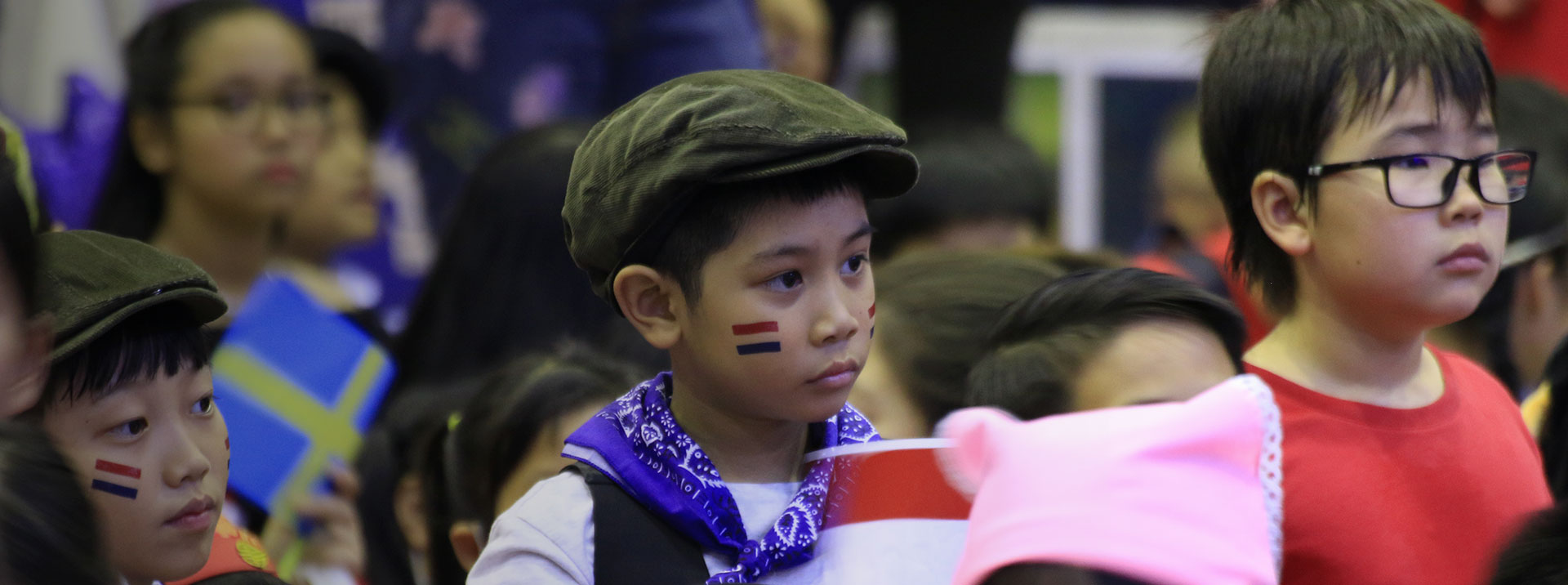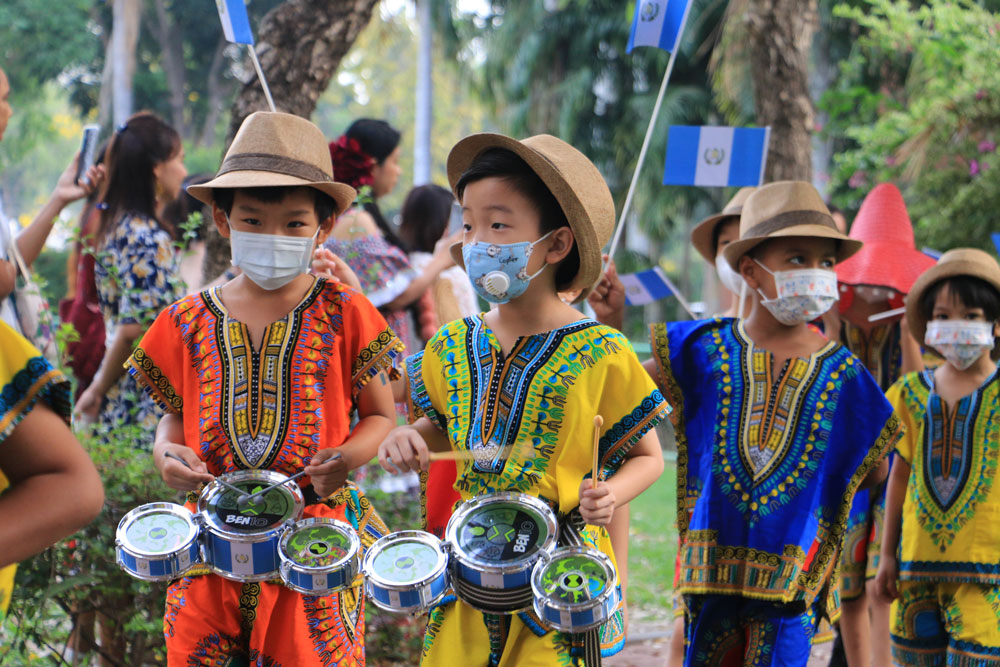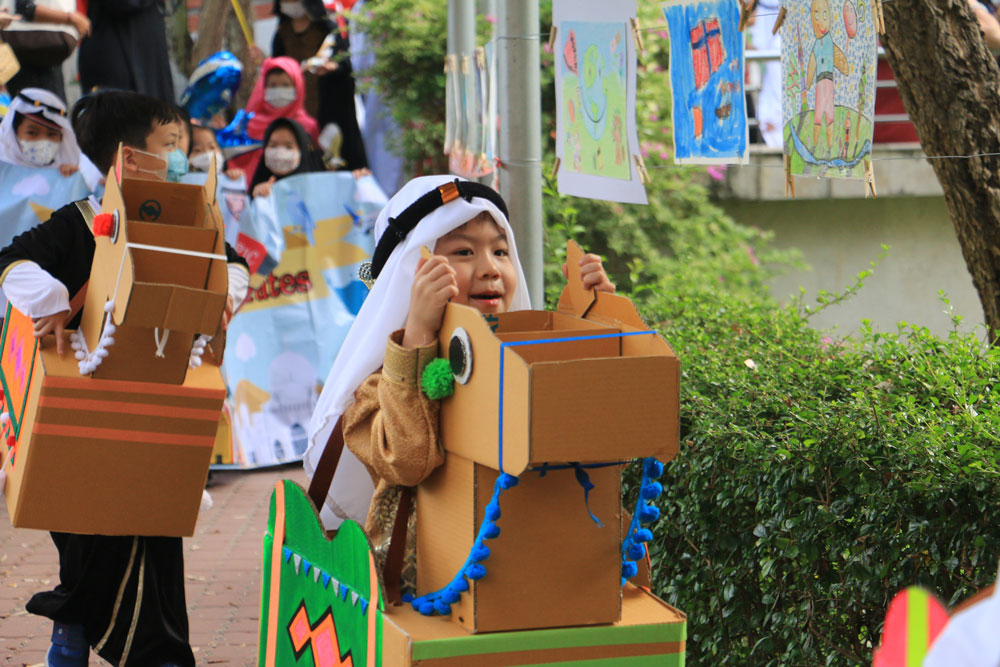Thinking Globally
Thinking Globally is a 21st Century Imperative
It’s important for children in today’s world to begin thinking globally and to understand how interconnected everything is. Not just among the people in Thailand, but among its neighbouring states such as Myanmar, Laos, and Cambodia. While that in itself is important, it needs to be expanded to the global community. Nations, like humans, need each other. Global warming, for example, is not a threat to any one nation or people, but to the whole world.

In today’s world there are a multiplicity of organisations to foster coordination and sharing. One example is the Association of South East Asian Nations (ASEAN). This organisation can provide the means for coordination in many sectors including intercultural exchanges, and assistance when natural disasters occur, to name but two. The United Nations is another important medium by which coordination can be achieved among nations.

Interconnectedness is one of the principles that is central to the curriculum of Satit Bilingual School of Rangsit University. A number of its courses incorporate learning about the cultures, geographies, histories, and current problems facing various regions of the world.

The emphasis is on the diversity of peoples, their histories, and their challenges. Students are encouraged to become personally involved in such world causes as global warming, as well as the plight of refugees and victims of natural disasters, to identify two. Teachers can use world issues such as protecting endangered animals and plants as lenses which can be applied to a number of academic subjects and at multiple grade levels. The dedicated professionalism of teachers in World Schools is the key to their greatness.

Teachers at SBS are keen to accept responsibility for creating in their classrooms an environment in which students encounter cross-cultural perspectives through employing international examples. The foreign teachers come from many regions of the world and their training backgrounds are equally varied. The Thai instructional staff at SBS have had both international training and travel experience.

Two key challenges of SBS is to help students become well informed and compassionate world citizens. The teachers are well equipped to meet that challenge.
Dr. Apiramon Ourairat, Chief Executive Officer
Satit Bilingual School of Rangsit University